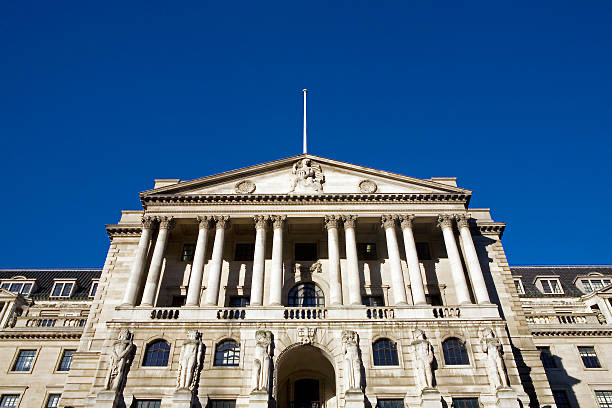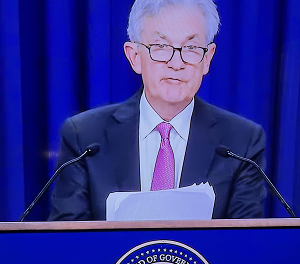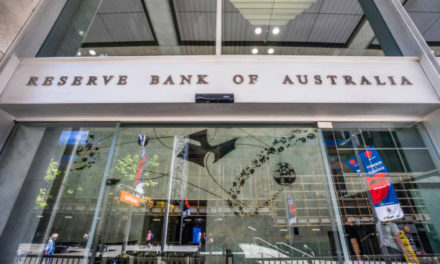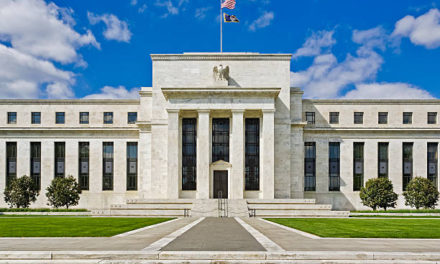Published March 23, 2022 6:00 pm est
by Richard F. Cason, 
Editor in Chief,
NewsMovesmarketsForex
Key Issues-
- BOC raised interest rates by 0.25 bps to 4.25 percent on March 23, 2022, by MPC 7-2 vote
- Global growth expected to be stronger than project, Wholesale gas futures and oil prices have fallen
- Feb CPI inflation increased slightly to 10.4%, Food and Core goods price inflation have recently been significantly stronger than projected
- Labor market has been tight however in the short term GDP and employment are likely to be somewhat stronger than expected
- Energy price inflation continue to decline anchored by lower wholesale gas prices
- Wage growth in the Euro area has continued to increase as well
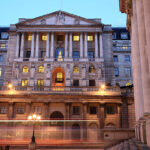 now above the Bank of England’s target of 2%. The increase in interest rates is expected to help slow down inflation by reducing consumer spending and encouraging saving.
now above the Bank of England’s target of 2%. The increase in interest rates is expected to help slow down inflation by reducing consumer spending and encouraging saving.According to the BOE, MPC states in reflection to the U.S. Banking crisis in the technology sector, that:
Silicon Valley Bank and in the run-up to UBS’s purchase of Credit Suisse, and reflecting market concerns about the possible broader impact of these events. Overall, government bond yields are broadly unchanged and risky asset prices are somewhat lower than at the time of the Committee’s previous meeting.
The Bank of England’s Financial Policy Committee (FPC) has briefed the MPC about recent global banking sector developments. The FPC judges that the UK banking system maintains robust capital and strong liquidity positions, and is well placed to continue supporting the economy in a wide range of economic scenarios, including in a period of higher interest rates. The FPC’s assessment is that the UK banking system remains resilient.
Overall, the Bank of England’s decision to increase interest rates is a cautious one, taking into account both the need to tackle inflation and the importance of maintaining economic growth. In retrospect to the recent economic developments the BOE stated  that: “The MPC will continue to monitor closely indications of persistent inflationary pressures, including the tightness of labor market conditions and the behaviors’ of wage growth and services inflation. If there were to be evidence of more persistent pressures, then further tightening in monetary policy would be required.”
that: “The MPC will continue to monitor closely indications of persistent inflationary pressures, including the tightness of labor market conditions and the behaviors’ of wage growth and services inflation. If there were to be evidence of more persistent pressures, then further tightening in monetary policy would be required.”
The MPC will make a full assessment of all of the news since the February Report, including the economic implications of recent financial market and banking sector developments, as part of its forthcoming May forecast round.
The MPC will adjust Bank Rate as necessary to return inflation to the 2% target sustainably in the medium term, in line with its remit.
Expert Central Bank Analysist by World Renown ADM Investor Services International Chief Economist Marc Ostwald
Marc Ostwald who is an expert Chief Economist & Global Strategist with ADM Investor Services International head quartered in London England, 
gives his insights and opinion on what he thought the Bank of England would do in Thursday interest rate decision meeting held in London, England Mr. Ostwald eloquently stated that:
“ Ahead of the BoE rate decision, CPI is expected to rebound in m/m terms to 0.6% m/m, which would see the y/y pace ease modestly to a still very high 9.9%, with core CPI seen edging down 0.1 ppt to 5.7% y/y.
January’s downside miss was above all due to some unexpected downward pressure from Services (aboval due to airfares), which is likely to have been a temporary factor, and seen partially unwound this month, which along with food will largely offset a further fall in non-food goods prices.
But with last week’s labour data confirming the labour market remains tight, even if wage pressures appear to have peaked, and given some stimulus from the Budget, the BoE majority is expected to opt for one further 25 bps hike to 4.25%.
Markets are priced for only a 60% probability of one further hike (by August), and see Base Rate at the 4.0% at the end of the year.
Whether the BoE hikes or not is perhaps rather moot, the outlook for the UK economy remains challenging on a short to medium term basis, and it is fiscal policy and legislative measures which will ultimately decide whether the many challenges the economy faces will take more or less time to overcome.
Friday’s Retail Sales are seen posting a further modest rise (0.2% m/m) after seeing some unexpected strength (0.5% m/m) in January, and despite some better news on energy prices, household consumption is set to remain very sluggish, with risks for this month’s reading skewed somewhat to the downside of the consensus.“
News Moves Markets Forex “real time digital currency news”, works to provide market intelligence, connecting our audience with a mix of the most latest insightful currency news in the Foreign exchange markets.
Providing the Latest and the greatest in depth developing global central bank stories and financial news to traders and investors around the continent.
Connecting People to the markets through the power of information from a Black perspective.
Expert Economist:
Marc Ostwald an expert Chief Economist & Global Strategist with ADM Investor Services International
Marc Osterwall is a world renowned Expert Economist who Analyzes and forecast macro/microeconomic trends and central bank policies on a exponential economic level. Mr. Osterwall is a regular guest on Bloomberg BNN, HT & Radio, BBC, CNBC, Le Fonti International and is widely quoted on newswires, newspapers, and other digital media worldwide. He is also a regular conference speaker and guest lecturer at various universities.

